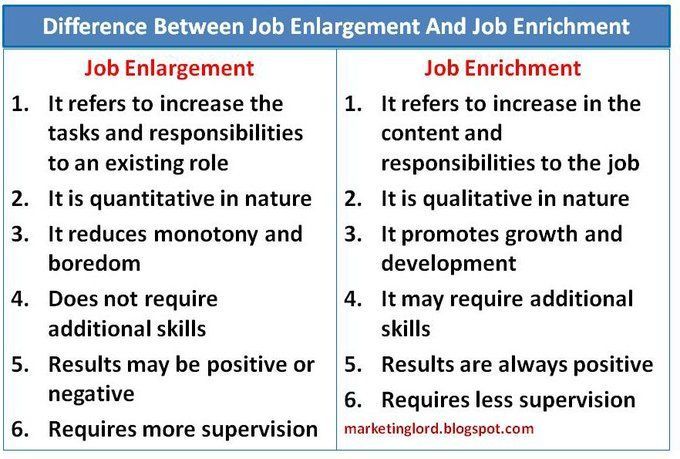Streamlining Global Business Growth: The Power of Consulting Solutions in Expansion Strategies
In the rapidly moving landscape of global business, those aspiring to expand beyond their borders face a complex mix of challenges. These range from understanding and complying with diverse regulatory environments to adapting to cultural nuances across different regions. This is where tailored consulting solutions come into play, offering the strategic guidance and expertise needed to navigate these obstacles effectively. Bradford Jacobs is a beacon of excellence in providing global expansion consulting services. Their tailored approaches ensure that businesses not only overcome these challenges but also thrive in new markets.
The Importance of Expert Consulting in Global Expansion
The path to global expansion is filled with complexity. Regulatory, legal, and cultural challenges can create several obstacles to businesses aiming to operate internationally. Expert consulting plays a pivotal role in this scenario, offering the necessary insights and strategies to navigate these challenges efficiently. Bradford Jacobs, with its comprehensive consulting services, stands as an ally for businesses on this journey. Their expertise in global expansion streamlines the process, ensuring a smoother transition into new markets while mitigating risks and aligning with local compliance requirements.
Bradford Jacobs: At the Forefront of Global Expansion Consulting
Bradford Jacobs emerges as a leader in global expansion consulting, bringing to the table its expertise and a deep understanding of international business dynamics. Their suite of consulting services covers every aspect of global expansion, from regulatory compliance to talent acquisition and market analysis. With many a success story, numerous businesses have achieved remarkable growth and success in foreign markets through their partnership with Bradford Jacobs. These case studies underscore the effectiveness of their tailored solutions and the breadth of their expertise in facilitating successful global expansions.
Key Consulting Solutions for Global Business Growth with AgileHRO
Whilst the allure of international markets is undeniable, the road to global success can be fraught with complexities. Here at Bradford Jacobs, we understand these challenges, and we’re proud to collaborate with trusted partners like AgileHRO.
AgileHRO is a leading HR-tech company specialising in helping businesses navigate the intricacies of international expansion. They achieve this by offering tailored solutions that address the unique needs of different regions and industries.
Why are tailored solutions so important?
The regulatory landscape, business practices, and cultural nuances vary greatly across regions and industries. A “one size fits all” approach won’t cut it. AgileHRO recognises this, and its team of experienced professionals works closely with clients to understand their specific goals and challenges. This collaborative approach ensures that the consulting solutions offered are truly relevant and effective.
Here’s a glimpse into some of the key areas where AgileHRO’s expertise can be invaluable:
- Market Entry Strategy: AgileHRO goes beyond generic research. Their team conducts in-depth analyses that consider the specific dynamics of your target market, including competitor landscapes, opportunities, and potential risks. Through collaboration, they develop a customized roadmap for a smooth transition into the new market.
- Compliance and Legal Consulting: Operating legally and compliantly is crucial. AgileHRO’s legal and compliance specialists possess extensive experience navigating the intricate web of international laws and regulations specific to your target region and industry. This ensures your business operates within the legal framework with confidence.
- HR Consulting: Building a strong international team is a cornerstone of sustainable growth. AgileHRO’s HR consultants understand global workforce dynamics with a focus on cultural nuances relevant to your chosen location and industry. They offer expert guidance on building a thriving international team.
Businesses can approach international expansion with greater clarity and confidence by partnering with trusted consulting firms like AgileHRO and Bradford Jacobs. Their tailored solutions empower companies to navigate the complexities of global business, fostering sustainable growth in the international marketplace.
Navigating Regulatory and Compliance Challenges
One of the most daunting aspects of global expansion is navigating the complex web of regulatory and compliance requirements across different jurisdictions. Bradford Jacobs offers businesses the guidance and support needed to ensure full compliance. Their deep knowledge of international laws and regulations becomes an invaluable asset for companies venturing into new territories, safeguarding against potential legal and financial pitfalls and ensuring a smooth operational transition.
Leveraging Local Expertise for Global Success
Understanding and integrating into local markets is pivotal for global business success. Bradford Jacobs leverages its global network to provide businesses with critical local insights and expertise. This local knowledge enables effective market entry strategies, ensures culturally sensitive marketing approaches, and helps in building meaningful local partnerships. The impact of such localised knowledge is insightful, often making the difference between a successful expansion and a costly misstep.
The Role of Technology in Streamlining Expansion
In today’s digital age, technology plays a central role in enabling efficient and effective global business expansion. Bradford Jacobs integrates cutting-edge technological solutions into its consulting services, enhancing the efficacy of expansion strategies. From data analytics to digital compliance tools, technology enables a more agile and informed approach to entering new markets, optimising operations, and engaging with local consumers and businesses.
Conclusion
The journey of global business expansion is challenging yet rewarding. Consulting solutions, particularly those offered by Bradford Jacobs and AgileHRO, provide the necessary expertise, insights, and support to navigate these complexities successfully. As businesses look towards international horizons, the partnership with Bradford Jacobs and AgileHRO and their agile consulting solutions stand as a cornerstone of success in the global marketplace. To learn more about our Consulting solutions, complete the form below to get in touch with our team


People That Care Australia does not receive any funding to operate its business. All profits are used to improve the service we offer to Jobseekers.
USEFUL LINKS
FOLLOW US
STAY INFORMED
You need a helping hand with your project?
We will get back to you as soon as possible
Please try again later
CONTACT US
Contact Us
We will get back to you as soon as possible.
Please try again later.
All Rights Reserved | People That Care Australia
Made with 💛 by Shazamme
